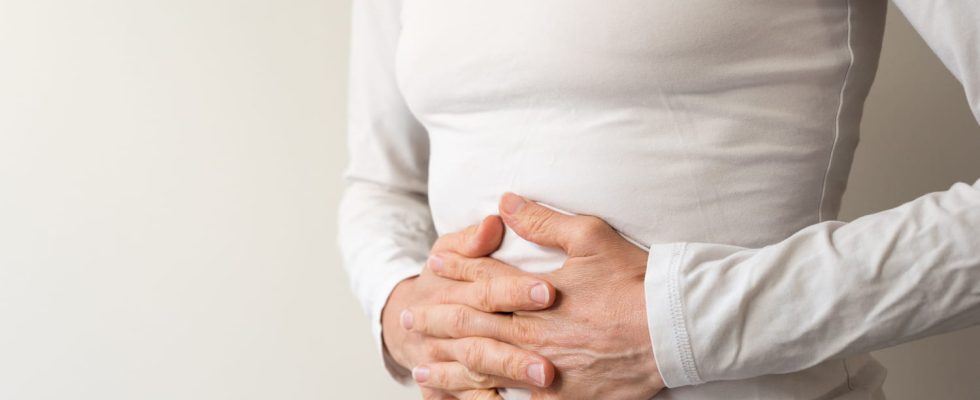French and Swiss researchers have made an unexpected discovery in people who have had a severe form of Covid, particularly in women under 60.
People who have had a severe form of Covid would have a 31% increased risk of being diagnosed with cancer in the months following their hospitalizationsuggests for the first time a Franco-Swiss study published on May 30, 2023 in the journal Scientific Reports and conducted by Epi-Phare (a French scientific group), the Geneva Institute of Global Health and the University of Geneva. In other words, the development of a severe form of Covid could represent a predictive marker of cancer that has not yet been diagnosed. To achieve this result, the researchers analyzed data from the National Health Data System (French data) relating to more than 41,000 people hospitalized in intensive care due to Covid-19. These data were then compared with those of 713,000 control people who had a Covid but were not hospitalized. In details, more than 2% of patients admitted to intensive care – for whom no cancer diagnosis had been made until then – were diagnosed with cancer within 200 days of hospitalization (about 6 months) against 1.5% of control patients. The link between severe Covid and cancer risk was stronger in women than in men (20% more in women) and in people under 60 (+20% among those under 60 compared to those over 60). The strongest association was, in fact, found in women under 60. A significantly higher risk was found for kidney cancerTHE blood cancerTHE Colon Cancer and the lung cancer.
This discovery would make it possible to envisage more in-depth monitoring of patients leaving intensive care or intensive care after severe Covid-19, especially since the latter are more fragile and more exposed to sequelae (pulmonary for example), but these results do not make it possible to formally establish a “causal effect” between a severe Covid infection and the development of cancer, wishes to qualify Professor Mahmoud Zureik, professor of immunology at Versailles Saint-Quentin University and director of Epi-Phare, whose remarks were relayed by the Doctor’s Daily.
- Severe SARS-CoV-2 infection as a marker of undiagnosed cancer: a population-based study – Scientific Reports
